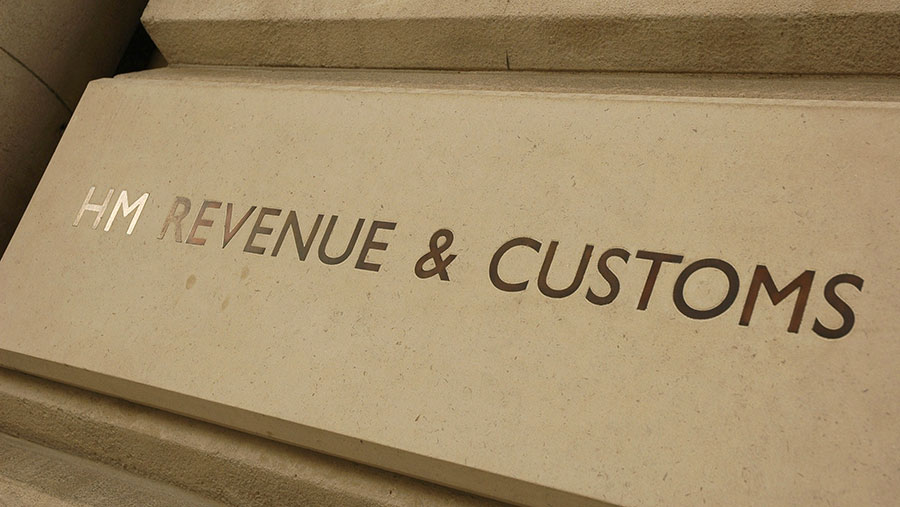Coronavirus: Tips to ease VAT cashflow and gain from deferral
 © Nicholas Bailey/Shutterstock
© Nicholas Bailey/Shutterstock Farm contractors or agri-businesses that usually pay VAT bills by direct debit should cancel them immediately if they want to defer their payment, say accountants.
There is an option to defer quarterly VAT payments from 20 March until 30 June 2020, as part of the financial measures to help companies cope with the business lockdown to combat the spread of coronavirus.
See also: Business Clinic: Will residential investment affect my VAT?
No application is required and businesses will be given until the end of the 2020-21 tax year to pay any liabilities that have accumulated during the deferral period.
Catherine Vickery, associate director for accountant Old Mill, said most of the goods sold by farmers are zero-rated for VAT, so traditionally farm businesses are more likely to be reclaiming the tax than paying it.
However, the ability to defer could be relevant for diversified businesses and those offering services where VAT might be due, such as farm shops, wedding venues, contractors and tourism enterprises.
VAT returns must still be filed during the deferral period, pointed out Alan Pearce, Vat partner at accountant and tax consultancy Blick Rothenberg.
“The chancellor’s announcement that VAT payments are being deferred was very welcome news, but many businesses need to ensure that they have instructed their banks to cancel any upcoming direct debits until 30 June,” he said.
“If they haven’t cancelled them, they should do so now, bearing in mind that banks will normally require at least one working day’s notice to cancel.”
4 VAT cashflow tips
With businesses facing disruption, Mr Pearce also suggested a range of measures to ease VAT cashflow.
- Ensure all sales invoices are issued promptly and declared in the VAT period to be deferred, as the VAT payment will not be required until March 2021.
- Conversely, delay large purchase invoices until after the deferral period. These can offset the input VAT against liabilities that will be due to be paid immediately after the deferral period.
- After the deferral period, it may also be possible for businesses such as property landlords, leasing companies and others making “continuous supplies” of services to consider issuing requests for payment instead of tax invoices and to delay accounting for VAT until they receive payment.
- Review any bad debts and include the VAT claims in the next VAT return. A VAT bad debt relief claim can be made in any period that is within four years and six months from the due date of payment. Therefore, you may want to consider delaying the claim until after the VAT period that is eligible for the VAT payment deferral.
